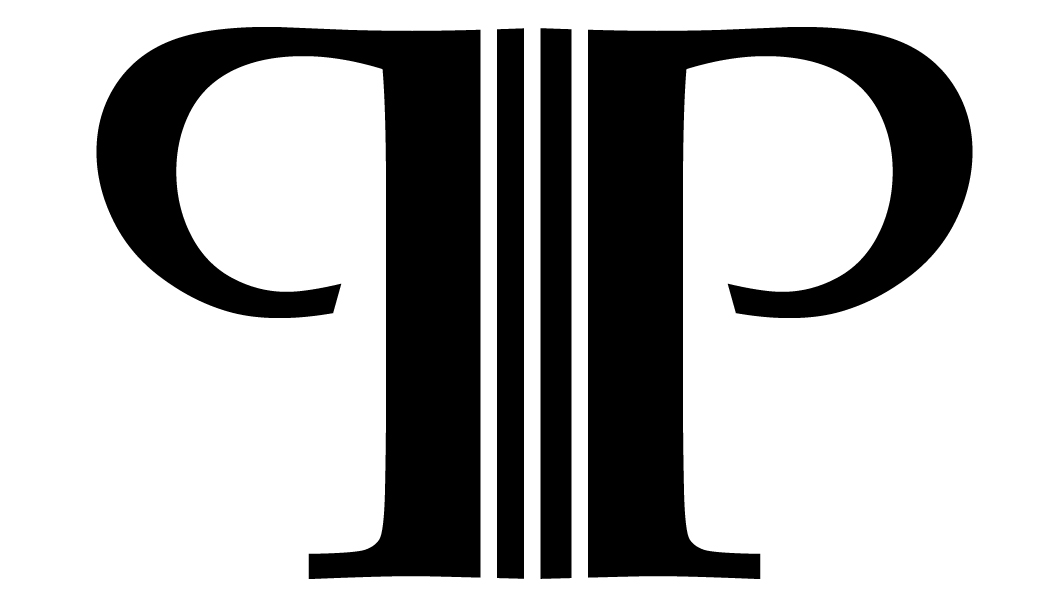My father died Saturday.
I find myself beginning to write, “passed on” and then stopping. At first I think it is because it is easier for me to hear, rather than the word “died,” but in thinking about it more, I believe people use that phrase because it is easier for others to hear. One of my observations as I travel through this experience is that our culture, on the whole, is uncomfortable with death as a part of our lives. Industrialized medicine takes a patient from their primary care physician (previously known as your doctor) and quickly absorbs them into the medicinal gears of faceless specialists. This, along with Covid restrictions, caused my father rather disappear from us for three full weeks prior to his death. His weakening telephone voice and wandering mind were our only bread crumbs to him.
Things started like a spring thunderstorm; the sun shines and you see darkening clouds and hear the rumble of thunder from the distance. However it feels far away and you are enjoying the day too much to stop, or even pause. Before you know it you are running full speed to get out of the storm. And you can't.
Even with an understanding of the religious and philosophical, saying that my father “passed” feels like it assumes that he may pass by again at some point. As much as I would love waving to him in passing traffic, I know he is not coming back. Not by here anyway. You’d think I wouldn’t want it, but I seem to need the stark reality of saying that he died.
Our early, lucid conversations included references to things we would do together in the upcoming summer months. He wanted to return home. And to visit a favorite general store, have a slice of pizza and a beer with my mom on the picnic tables out back near the river. The requests seemed so simple and so basic that they never failed to illicit a sting at the back of my throat when I replied. I played the game, because I just couldn’t not. But in the cover of the dark under the blankets, I whispered to Paul that I knew he was not going to leave that hospital.
Some words, phrases are difficult, if not impossible, to speak when we are angry, joyful, or grieving. This is where my friend takes over. I find myself sitting quietly with my cello in hand. Spending a few moments studying the beauty of the grains in the wood before beginning to play something. Anything. In the third movement of the Rachmaninov Sonata I find the complexity of emotions I am looking for. There is tenderness, angst, and beautiful, soaring joy. It feels wonderful to stop thinking about what I am feeling and simply feel, and let the cello take over. Adding nuance to the bow to create some depth in a particularly poignant note or end of phrase and finally letting the sound trail off into somewhere else.
This is where my father is for me. He is at the end of every phrase, where the note drifts into the air. And I use my hand to have that space continue to vibrate.
At some point, I cannot hear the sound anymore, but I know that it is there. Always surrounding me.
Melissa Perley
